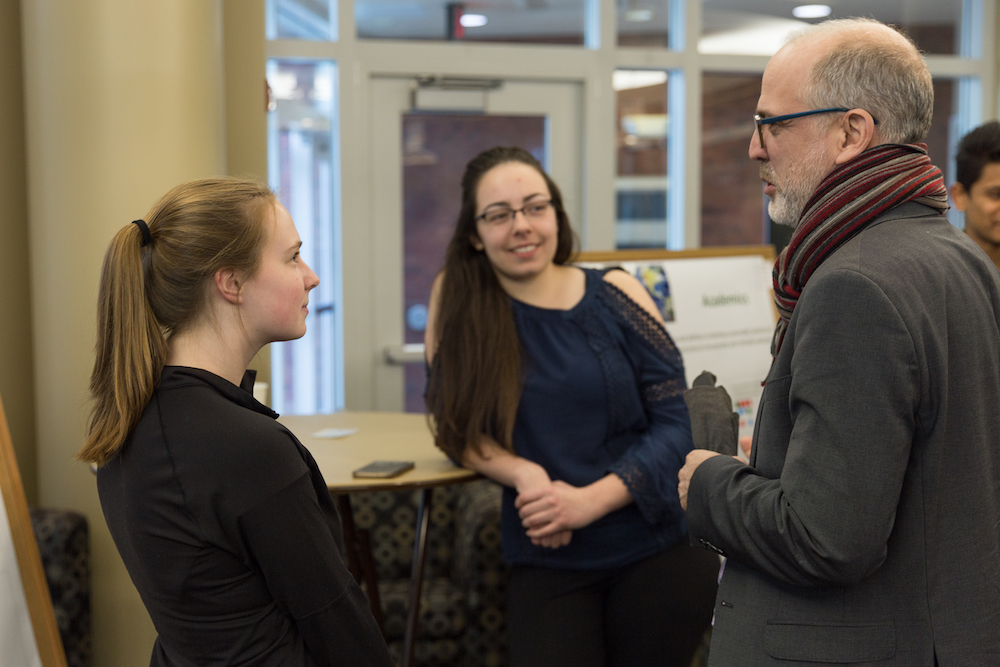 After spending D-Term advising IQPs in London and a research trip to Guatemala this spring, Laureen Elgert, assistant professor of social science and policy studies, is preparing for her summer project. This one brings her to China. Elgert knows the wide-ranging impact the Chinese government, industry, and people have on the larger world, and this summer she will see that firsthand when she travels to China to research a new course that she will teach in D-Term 2015.
After spending D-Term advising IQPs in London and a research trip to Guatemala this spring, Laureen Elgert, assistant professor of social science and policy studies, is preparing for her summer project. This one brings her to China. Elgert knows the wide-ranging impact the Chinese government, industry, and people have on the larger world, and this summer she will see that firsthand when she travels to China to research a new course that she will teach in D-Term 2015.
To develop and prepare the new course, “Economic Growth, Development, and Environmental Justice in China,” a senior environmental studies course, Elgert will spend three to four weeks immersing herself in the vast country to explore environmental policy and its impact on both rural and urban life.
Although she’s a seasoned traveler and an academic, the opportunity to gather research in a foreign land specifically to build a new course is a first for Elgert. The opportunity is one she doesn’t take lightly.
“This is giving me an opportunity to become knowledgeable in a firsthand way about things I am teaching,” says Elgert. And the time and effort Elgert puts in helps her teaching in several ways. “When you use your own research in teaching, it makes your students understand you have a life beyond the classroom,” she says. “They need to see that. It boosts your credibility with them.”
Elgert’s trip is sponsored by WPI’s China Hub project, which is devoted to continuing relationships with Chinese universities, businesses, residents, and government. Elgert says the new course supports WPI’s goal to include more China content in its offerings. In addition to developing supplemental content that includes lecture series and seminars, this full class is devoted to the broad impact of environmental policies in China.
“Part of the trip is for research and exploration,” says Elgert. “I will talk to people, take photographs, and talk about the issues. It’s an interesting place, particularly in how environmental policy isn’t neutral.”
Elgert is eager to explore how environmental policies in China impact different people with widely varying results. “The impact is uneven,” says Elgert, affecting those who live in rural areas in a different way than those who are urban dwellers.



